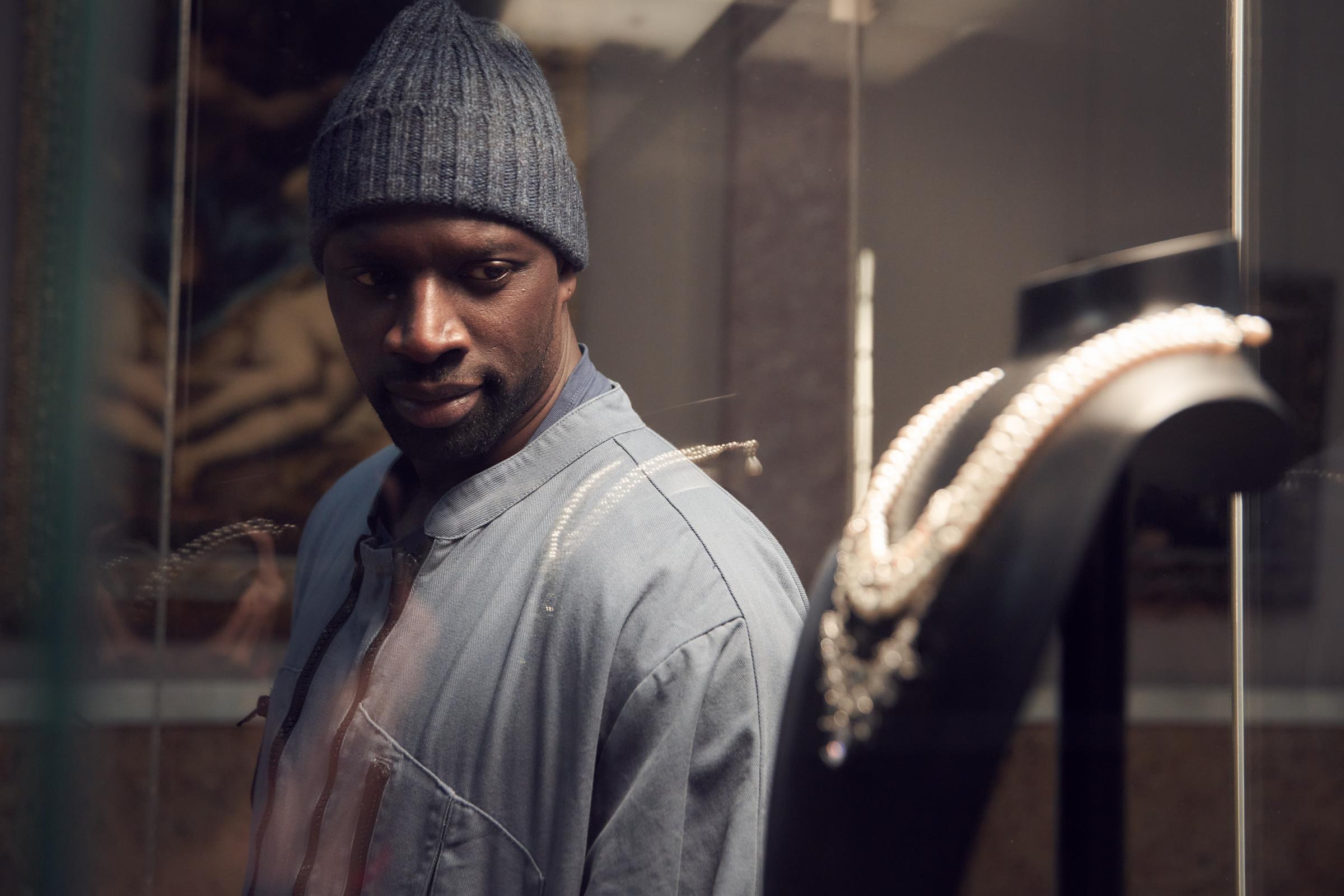Are marriage thrillers over? If, like so many other HBO subscribers, you watched David E. Kelley’s plodding, egregiously anticlimactic Big Little Lies follow-up The Undoing—or Netflix’s unnecessary Rebecca remake, for that matter—you could be forgiven for assuming that the subgenre Gillian Flynn’s Gone Girl revitalized nearly a decade ago had run out of ideas. Still, you’d be wrong. This week marks the premiere of my favorite variation on the theme in years: Losing Alice, a sultry, cinematic, psychologically rich drama that unfolds between a middle-aged filmmaker, her actor husband and a seemingly unstable young writer who wants them to bring her first screenplay to life.
Built around Daredevil alum Ayelet Zurer’s magnificently layered turn as the title character, the eight-part auteur project from creator, director and writer Sigal Avin is the kind of twisty, fast-paced mystery that will inevitably be described as addictive. And it is. But that undersells Avin’s achievement. Losing Alice, which comes to Apple TV+ on Jan. 22, avoids the crutches of second-rate thrillers like The Undoing: unbelievable coincidences, characters whose inner lives are black boxes, cliffhangers that appear out of nowhere at the end of one episode only to be dispatched within the first few minutes of the next. Instead, Avin patiently investigates the nature of relationships between husbands and wives, parents and children, women of different generations, older men and younger women—and, in a stunning finale, between life and art.
Although it’s a shame the show hasn’t attracted more advance attention in the U.S., it’s also worth celebrating that Americans will have a chance to see it at all. Presented in Hebrew with English subtitles, Losing Alice comes to Apple’s streaming service from Israel—and is thus the kind of title that, as recently as a decade ago, struggled to find a home on stateside television. While generations of Americans have had access to British period dramas on PBS, Canadian teen soaps on cable and other Anglophone imports, networks shied away from subtitled fare. Our canon reflects that oversight: everything on TIME’s own top-100 shows list, published in 2007, is in English. But streaming has quickly remade the TV landscape. And if those changes haven’t all been positive, the vast catalog of foreign-language shows now available in the U.S. via mainstream streaming platforms might be the single best side effect of the paradigm shift.

The reasons for this rapid influx are many. Traditional TV providers, from free, over-the-air broadcasters to cable companies, served geographically or linguistically distinct national audiences. (And when pay-TV creators like HBO and MTV went global, it was through discrete overseas spin-off channels.) Streaming, by contrast, was built to scale. Netflix, whose first exclusive offering, in 2012, was the bilingual Norwegian import Lilyhammer, is currently available in more than 190 countries. Now, in addition to licensing shows and movies in dozens of languages, it produces and co-produces them all over the world; last year, Netflix launched its first African original, the multilingual Queen Sono. Multinational conglomerates like AT&T subsidiary HBO Max have stocked the digital shelves of their newly launched streaming services with programming from international sister stations. Peacock has shows from corporate parent Comcast’s Spanish-language property Telemundo. And during the pandemic, foreign-language programming has helped to fill a gap caused by production shutdowns.
So far, the internationalization of TV has been a resounding success. Netflix announced in January that Lupin—a propulsive new crime drama that reimagines the classic French “gentleman thief” as a Senegalese immigrant (Omar Sy) plotting to avenge his late father—had cracked the U.S. top 10 and was on track to reach more viewers than last year’s English-language hits Bridgerton and The Queen’s Gambit. And as part of the long-tail economy that is Peak TV, hundreds of shows from abroad have won over Americans who’ve dropped cable and now stuff their streaming queues with romantic Korean dramas or chilly Nordic thrillers or kinetic Japanese anime.

What has made Americans—who are notorious for failing to learn second languages, as well as for avoiding foreign films and literature in translation—embrace this stuff? For one thing, with megacorps like Disney pouring funds into an IP-heavy TV development strategy borrowed from their movie studios, foreign-language television is starting to feel like as much of a refuge as foreign-language cinema has long been from brainless, big-budget Hollywood spectacles. Lest we get too proud of our newfound sophistication, the shift also reflects Netflix and some other services’ choice to invest in dubbing rather than ask viewers to read subtitles—a business-savvy but artistically bankrupt decision that robs audiences of the original actors’ voices.
Still, even dubbed versions have something. International scripted series aren’t documentaries, of course. But they do reflect the norms of other cultures; they capture how people halfway around the world talk about politics and family and work and love. Netflix’s Weimar period piece Babylon Berlin and the Cold War thriller Deutschland 83, streaming on Hulu, are excellent German dramas that shed light on how that country has processed its dark 20th century. Gomorrah, a gritty Neapolitan gangster saga whose fixation on broken systems recalls The Wire (and whose third season just arrived on HBO Max), offers a window into the Italian criminal justice system. Shows made in places where white people aren’t in the majority can subtly shift a Western viewer’s perspective on race.
On top of the inherent benefits that come with enjoying good art, immersing ourselves in stories from faraway lands can illuminate the blind spots in our own perspectives. In a country obsessed with TV—where provincialism too often metastasizes into nationalism, and especially at a time when international travel is virtually impossible—the best thing our screens can do is open us up to the world beyond them.
More Must-Reads from TIME
- Why Trump’s Message Worked on Latino Men
- What Trump’s Win Could Mean for Housing
- The 100 Must-Read Books of 2024
- Sleep Doctors Share the 1 Tip That’s Changed Their Lives
- Column: Let’s Bring Back Romance
- What It’s Like to Have Long COVID As a Kid
- FX’s Say Nothing Is the Must-Watch Political Thriller of 2024
- Merle Bombardieri Is Helping People Make the Baby Decision
Contact us at letters@time.com